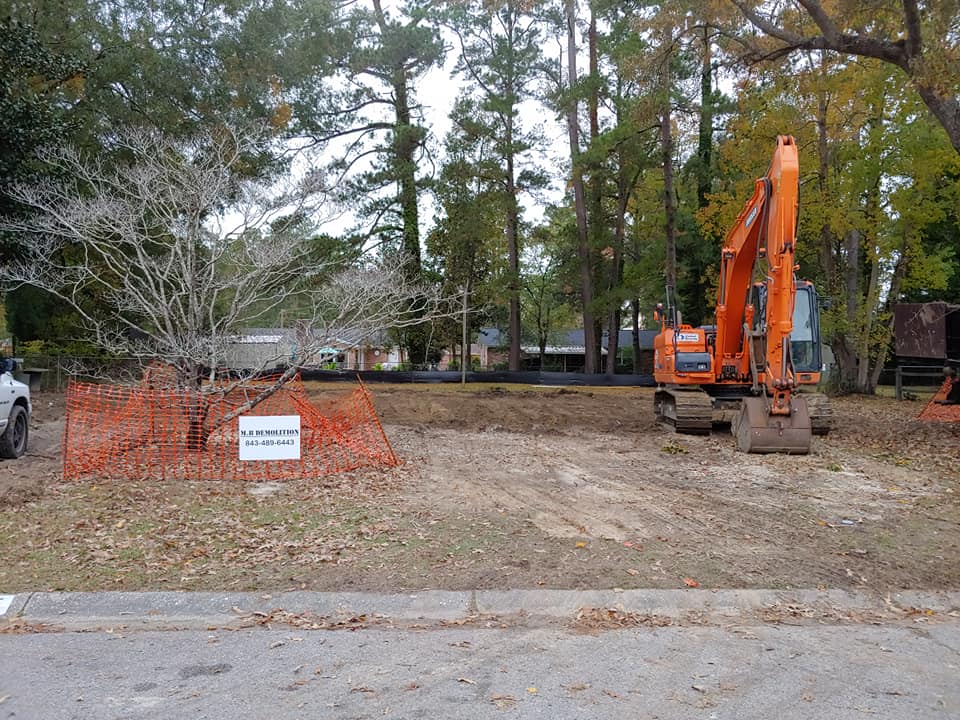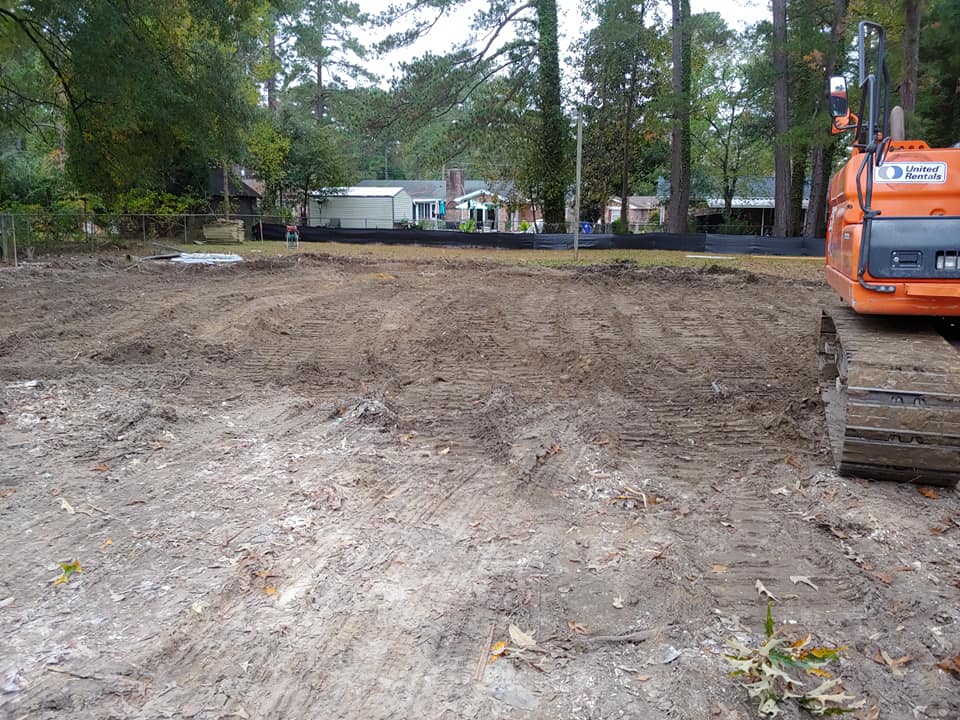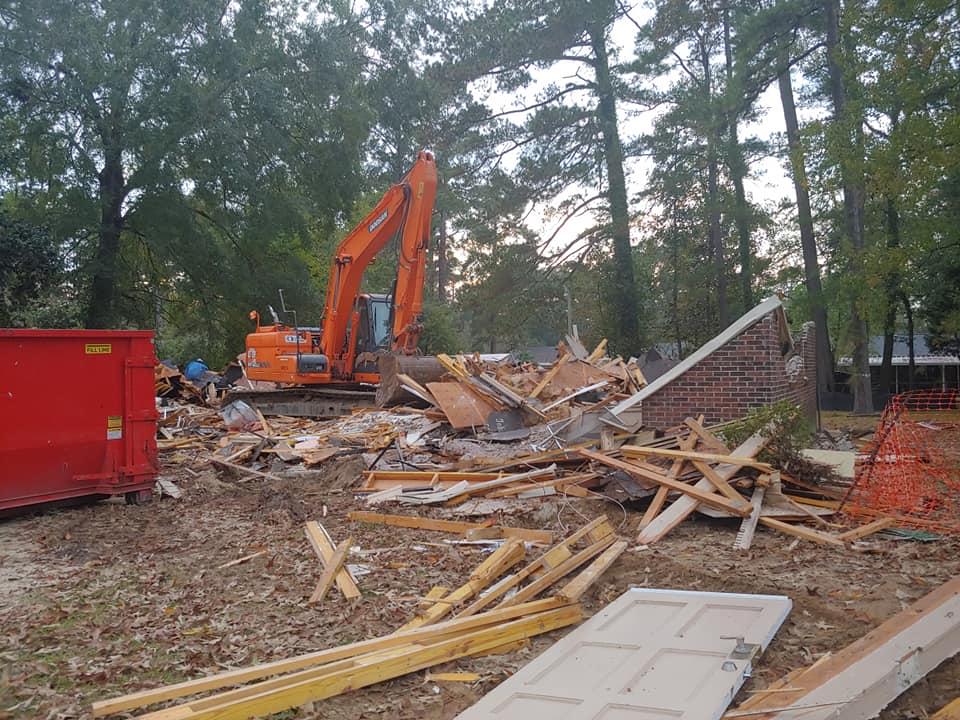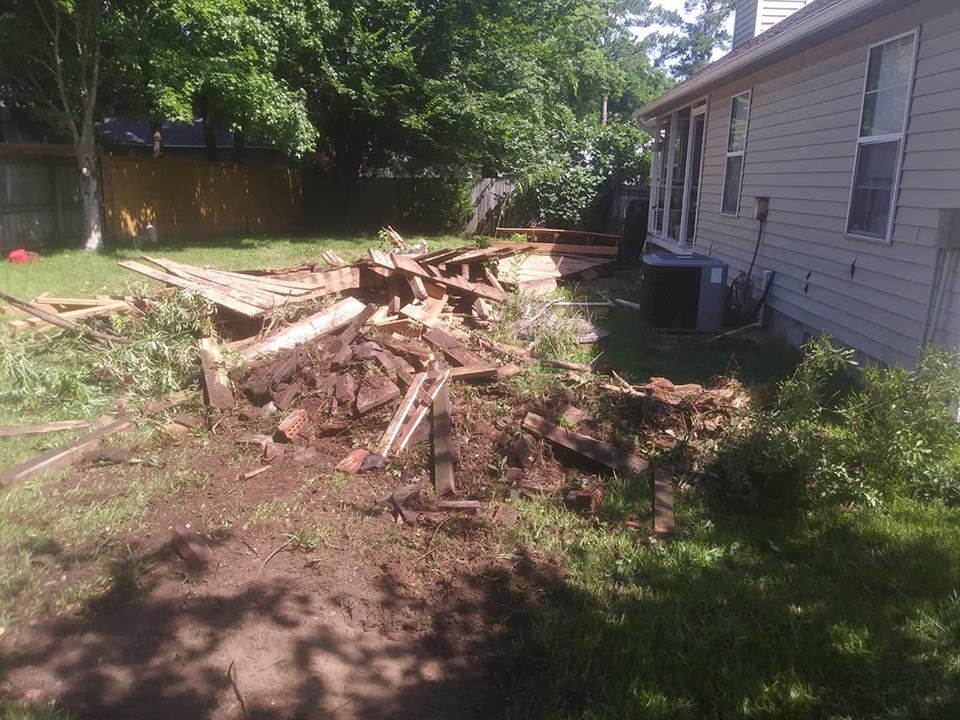Sponsored results
MB Demolition
Get in touch with MB Demolition for all your commercial demolition needs in the greater Summerville, SC area. We provide free estimates and work tirelessly... more
PJ's Services
At PJ’s Services, we help homeowners and contractors safely tear down unwanted buildings without cutting corners. With years of experience and a family-first approach,... more
All "Commercial Demolition" results near me in Paxville, SC - January 2026
Blackwater Grading & Excavation LLC
At Blackwater Grading & Excavation LLC, we take pride in every job we do, big or small. We offer a wide range of demolition services, like... more
MB Demolition
Get in touch with MB Demolition for all your commercial demolition needs in the greater Summerville, SC area. We provide free estimates and work tirelessly... more
PJ's Services
At PJ’s Services, we help homeowners and contractors safely tear down unwanted buildings without cutting corners. With years of experience and a family-first approach,... more
Praying Hands Demolitions
Since 2011, Praying Hands Demolition has been offering comprehensive demolition services to the states of South Carolina, North Carolina, Georgia, Virginia, and Florida. We offer commercial... more
Tice Services LLC
Whether you need interior or structural demolition, the experienced pros at Tice Services LLC are safe, efficient, and compliant with all regulations - you can... more
Nearby Places for Commercial Demolition
Commercial Demolition Tips for Paxville, SC
Should I consider deconstructing a commercial building?
Commercial deconstruction is the process of taking apart the structure piece-by-piece; the goal being to salvage as much of the materials inside as possible.
This process is much more time-consuming than traditional mechanical demolition, but it can be quite rewarding.
Salvaged materials can be recycled, re-used, or sold, which could help offset the upfront cost.
How much does commercial demolition cost per square foot?
According to national averages, commercial demolition costs roughly $4-$8 per square foot. As square footage goes up, the cost per square foot can go down.
There are a number of things that can affect the cost of your project.
Common factors that influence the total cost of commercial demolition include:
- Type of materials being demolished
- Total square footage being demolished
- Cost of living in your area
- Accessibility of the work site
- Demolition method used (by hand or with heavy machinery)
- Complexity of the project
- Presence of asbestos or other hazardous material
- Who you hire
Learn more about deconstruction:



